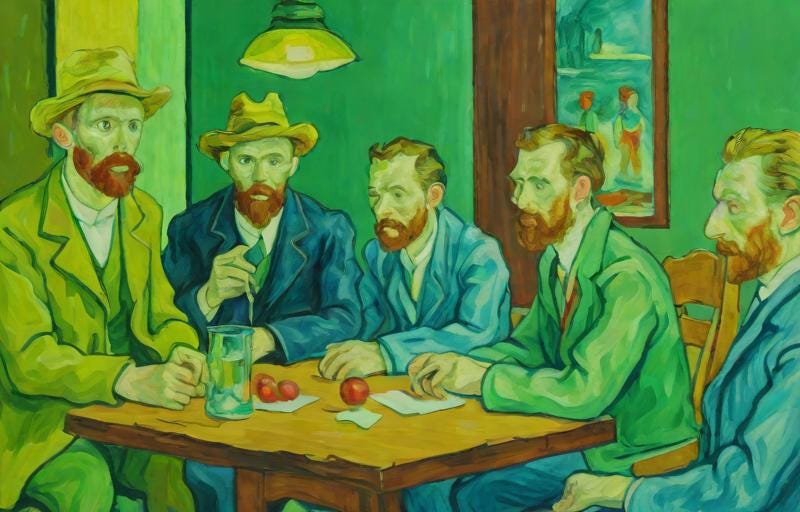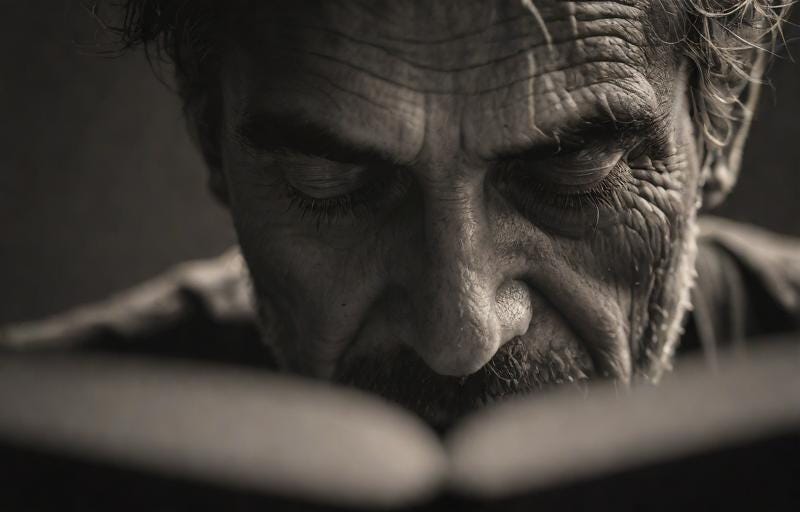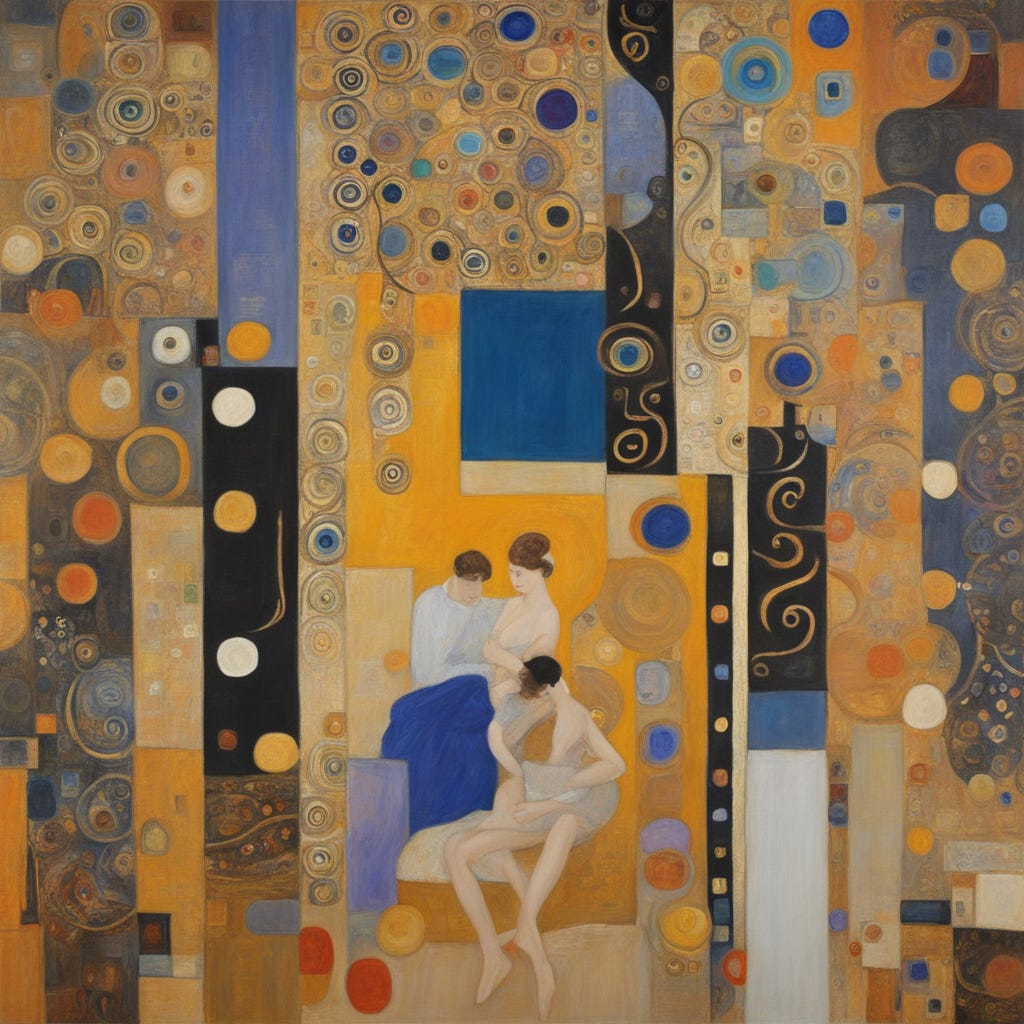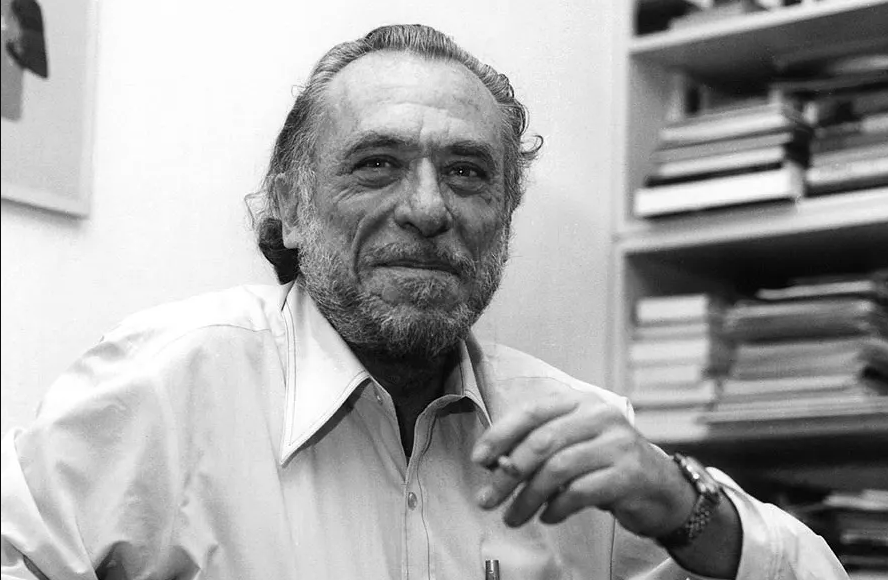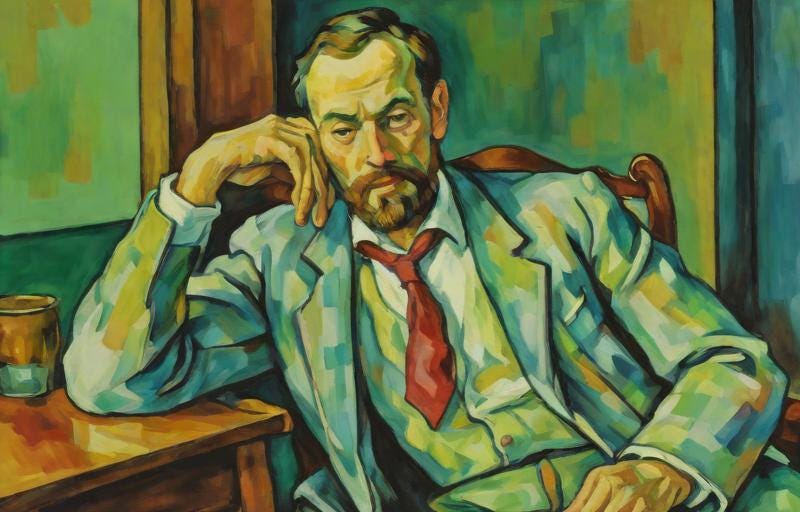
“I’m fed up with life. I feel miserable. It’s like everything is against me,” he said, “my doctor has had to up the dosage of my anti-depressants.”
Listening to my friend talk about his hardships made my blood boil. This guy had everything going for him—money, a great wife and kids, several homes all over the world, a burgeoning business and good friends around him.
Images of his last holiday to the Maldives, the one thousand euro wine bottles he often drank, and the Rolex watches he wore flashed through my mind.
I immediately judged him for being entitled, spoiled, and not grateful for the life he had.
To me, he was in the top 3% of people alive. So how can he dare complain? Talk about living a privileged life in a world where the disparity between the elite and the rest is at its highest ever.
Finally, I couldn’t sit through his monologue. “Oh, please. You have so much goodness in your life. I don’t think you can complain, as I can’t about the privileged life we both live.”
He looked at me with a scornful smile. “Just because I have money—the money I made with my own two hands—doesn’t mean I have no right to vent about not being happy. We all have different battles to fight.”
Of course, he was right. I had no right to judge. He had created his successful business independently and invested his money wisely. Just because he was rich didn’t mean that I could assume he had to be happy as well.
The next morning, after journalling and examining myself, I realized many people had probably used the same argument against me during my midlife existential crisis in 2008.
I was well-off, healthy and had good relationships around me, but I was depressed only to go see a psychiatrist who prescribed anti-depressants to me.
I recoiled at how I must have sounded, too.
I texted my friend a long apology and decided to work on my issues instead and write this post, hoping he would read it.
None of us has the right to judge, question, or criticise people who are genuinely unhappy for whatever reason. We have no right to dismiss their pain or differentiate pain according to some hierarchy.
Pain is pain. Unhappiness is unhappiness.
Yes, we often need a dose of reality to awaken us and see that we are not in such dire circumstances. But what if he can’t? What if he can’t see a way through? What if all the trauma he’s suffered as a kid was finally catching up on him? (We’ve all suffered trauma, whether it’s low-key or heavy.)
I wrote in my journal that I needed to be more compassionate, understanding, and supportive of anyone who has had the guts to express their pain and not hide behind masks.
I’m regularly hard on myself, too, often dismissing my own pain as insignificant compared to others’ misfortune. I also needed to be more self-compassionate.
I believe that pain and suffering are alarms raised by our physical and emotional bodies to signal that not all is well. They nudge us to start asking questions about our mental well-being.
What traumas and unanswered questions have we ignored? Pain can become a gift, but only when we see it as a hurdle to overcome rather than a block. It is a gift if you see it as the point where the universe pushes you to change your road map.
We live our lives just like a rocket going to the moon. It is, of course, about 95% of the time – and it gets there only because of constant, tiny re-adjustments along the way.
The ‘Gifts of Adversity’ are those things that seem like detours but turn out to be tiny adjustments that help guide us to our destination. They start off as little hints and then become stronger messages, and if you continue to ignore them, they finally hit you hard as adversities.
When we start digging into our psyche, we notice how enslaved we are by our ego, which has paralyzed us with fears, self-pity, and resentment. We see that our old ways of living are not serving our new ways of being.
Back in 2011, in a one-on-one coaching session with Bob Proctor, I explained to him that I’d felt ambivalent about my life, as I had made money but wasn’t happy. He said, “Then it’s time you challenged yourself and played a bigger game.”
Perhaps, after making so much money, my friend needed to find something new and purposeful to do.
Sebastian Junger’s quote from his book Tribe comes to mind: “Humans don’t mind hardship; in fact, they thrive on it; what they mind is not feeling necessary. Modern society has perfected the art of making people not feel necessary.”
From the way we treat our bodies to the way we connect with people, we need to have meaning, a purpose, and some big intentions regarding how and what we want to create with our lives.
Below are the hard questions I asked myself to get myself out of my disheartening time:
- What keeps me in the highest vibration all the time?
- Is my business really what I want to do now?
- Are the relationships I have serving my real truth?
- What are my unique gifts?
- What am I here to do?
- How can I serve humanity?
Without my friend’s sad, expressive words to himself and us, it’s easy to avoid those big questions, even when our bodies and energy levels have been whispering them for months.
Living consciously means making ourselves feel necessary like we’re an important cog in the universe’s constantly moving wheels.
Because we are the universe.
